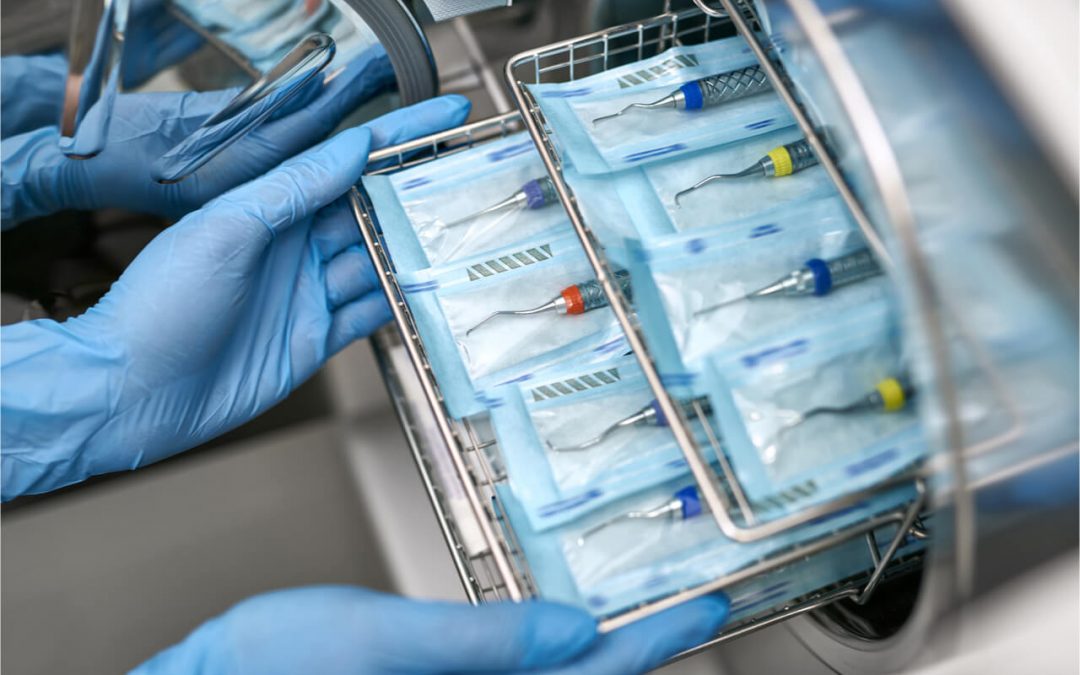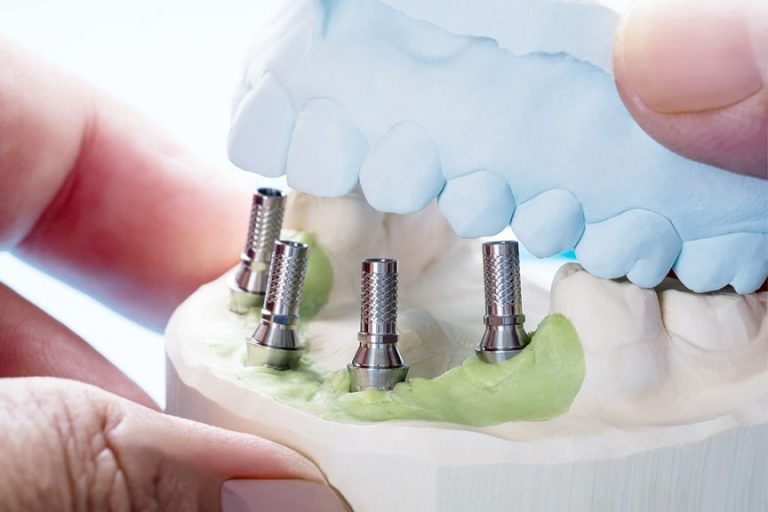All-on-4 dental implants have transformed the way patients regain their smiles and dental function, offering a permanent solution for missing teeth with fewer implants and quicker recovery times. However, the success of this advanced procedure is heavily dependent on patient safety and hygiene, both in the dental clinic and at home during recovery. A clean, sterile environment in the dental clinic plays a critical role in reducing infection risks, promoting proper healing, and ensuring long-term success. For reliable and efficient cleaning services, visit http://www.greenapplecleaningmd.com/ to ensure your space stays spotless and well-maintained.
In this article, we’ll explore how maintaining a clean dental environment supports All-on-4 implant recovery and enhances patient outcomes.
The Importance of Sterility During Surgery
Dental surgery, especially procedures like All-on-4 implants, involves implanting foreign materials (the implants) directly into the jawbone. This creates an open pathway for bacteria to enter the body, making infection prevention vital. A sterile dental environment significantly reduces the risk of post-surgical complications.
Why Sterile Conditions Are Essential:
- Prevents bacterial contamination: Dental implant surgeries involve exposure to the bone and gum tissue, which are highly susceptible to infection. A sterile operating room, combined with proper sterilization of tools and materials, minimizes the chances of bacteria entering the surgical site.
- Reduces inflammation: Infections during or after the surgery can lead to peri-implantitis, a condition where inflammation develops around the implant. This can slow recovery and increase the likelihood of implant failure. Keeping the surgery environment clean helps ensure that the body can heal without the interference of harmful bacteria.
- Promotes healing: A sterile environment is a foundation for successful osseointegration, the process in which the implant fuses with the jawbone. Any infections or complications during this process can result in weakened integration, which may lead to implant instability or failure.
For a lasting solution to missing teeth, consider All-on-4 dental implants at Temecula Dental Implants and Oral Surgery in Murrieta, CA, offering a seamless, effective restoration option.
Fun Fact: Dental implant success rates are generally high, with a 95% success rate reported in most cases. This success is often attributed to meticulous surgical procedures and strict infection control measures.
Proper Sterilization of Dental Instruments and Tools

In addition to a clean operating room, the tools used during the procedure must be sterilized to ensure patient safety. Contaminated tools can easily introduce bacteria into the surgical site, leading to post-operative infections that hinder recovery.
Key Sterilization Techniques:
- Autoclave sterilization: The most effective way to sterilize dental tools is through autoclaving, which uses high-pressure steam to kill bacteria, viruses, and spores. This process ensures that all instruments used during the surgery are entirely free of microorganisms.
- Single-use items: Many dental clinics utilize disposable materials, such as gloves, needles, and gauze. These are used once and discarded to avoid any cross-contamination between patients.
- Ongoing cleaning protocols: Larger pieces of equipment, like X-ray machines or implant drills, must also undergo routine cleaning and maintenance. Even surfaces that are frequently touched, such as countertops and chairs, should be cleaned with disinfectants between patients to reduce bacterial spread.
Fun Fact: Autoclaves can reach temperatures of 250–270°F, making them powerful enough to eliminate nearly all pathogens, including those resistant to standard disinfection methods.
Creating a Safe Recovery
Post-surgical recovery is a critical phase in the success of All-on-4 implants. Patients are especially vulnerable to infections in the first few weeks following the procedure, which is why cleanliness and hygiene in the recovery area are essential.
How Cleanliness Affects Recovery:
- Clean follow-up care: Regular post-surgery check-ups are essential to monitor healing progress. A clean dental clinic ensures that follow-up visits are safe and hygienic, reducing the risk of infection while the implant site heals.
- Safe dressing changes: In some cases, patients may need dressings or temporary covers on the implant site. Clinics that maintain sterile conditions during dressing changes help prevent contaminants from entering the wound.
- Monitoring for infection: The dental team must inspect the healing implant site for any signs of infection, including swelling, redness, or discomfort. A clean clinic environment ensures that bacteria are not introduced during these inspections, allowing for a smooth recovery.
Patient Education
While the clinic environment is critical to a safe recovery, patient hygiene practices at home are equally important. A clean dental clinic doesn’t just treat patients; it also educates them on how to care for their implants during recovery to avoid infections and promote healing.
Tips for Patients on Maintaining Dental Hygiene at Home:
- Brush and rinse carefully: Patients should brush their teeth twice a day, using a soft-bristled toothbrush to clean around the implant site. Antibacterial mouth rinses may also be recommended to help reduce bacterial growth.
- Avoid tobacco and alcohol: Smoking and excessive alcohol consumption can slow healing and increase the risk of infection. Patients should avoid these substances for at least a few weeks after surgery to support optimal recovery.
- Follow a gentle cleaning routine: Patients should avoid aggressive brushing or flossing in the days immediately following the procedure. Dental professionals often recommend specialized tools like water flossers to clean hard-to-reach areas without disturbing the healing implants.
Fun Fact: Many dentists suggest water flossers for implant patients because they can clean around the implant site more gently than traditional floss, reducing the risk of damaging delicate tissues.
Long-Term Care
Ensuring the success of All-on-4 dental implants doesn’t stop at the initial recovery period. Regular check-ups and cleanings at the dental clinic are vital for the long-term health of the implants and surrounding gum tissue.
The Role of Cleanliness in Long-Term Care:

- Routine cleanings: Professional cleanings remove plaque and bacteria that can accumulate around the implants, reducing the risk of gum disease or peri-implantitis. Dental hygienists use specialized tools that gently clean the implant surfaces without causing damage.
- Monitoring bone health: X-rays and examinations during follow-up visits help monitor the bone density around the implants. Clinics that maintain clean equipment ensure that patients are not exposed to harmful pathogens during these evaluations.
- Checking for wear and tear: Regular visits allow dentists to check for any signs of wear or damage to the implants. By catching potential issues early, they can prevent complications that could arise from improper fit or function.
From the moment the All-on-4 procedure begins, maintaining a clean and sterile environment is essential for preventing infection, promoting healing, and ensuring the long-term success of the implants. Proper hygiene in dental clinics safeguards patient safety, minimizes the risk of complications, and supports a smooth recovery. By working together – through the efforts of a clean clinic and the patient’s commitment to proper oral hygiene – All-on-4 implants can deliver lasting, transformative results that improve both dental function and overall quality of life.
Also Read: Finding Your Perfect Cleaning Partner: A Guide to Choosing the Right Maid Service.
